BBC’s political editor Laura Kuenssberg has become the news focus herself today after she pointed her 1.1 million Twitter users to the account of a man who had earlier confronted Boris Johnson. Also sharing that he was a ‘labour activist’, she has been accused of encouraging online trolls to attack the man with many implying that her reporting is ‘biased’ in favour of the Conservatives.
Omar Salem is a father of a 7-year old girl who almost died on an understaffed NHS ward. When Johnson walked by him at the hospital, Salem told him he was ‘destroying the NHS’ and was at the hospital for a ‘press opportunity’. The powerful moment was widely shared, and led to further accusations that Johnson is a brazen liar after he told the man ‘there’s no press here’ – while being filmed by the press.
After the BBC shared the story on Twitter, Kuenssberg replied to the tweet saying ‘turns out the man who challenged the PM is also a Labour activist’. Later, she shared a tweet from Salem adding ‘this is him here’ – she has since deleted the retweet.
Kuenssberg was quickly accused of trying to discredit Salem because of his political persuasion, with many asking why it was necessary to share the politics of a distraught father asking the Prime Minister to better fund the NHS. But more than that, her choice of words when pointing to his account was questioned – with the phrase ‘this is him here’ condemned for its doxxing nature.
The online campaign against her became so strong that #SackLauraKeunssberg was trending on Twitter last night. The BBC has since responded stating: ‘Laura is a journalist who uses social media as part of her job. Like many others, Laura quote tweeted a thread by Omar Salem, who had written himself about his encounter with the PM on social media and describes himself as a Labour activist. Any suggestions there was malicious intent behind her tweets are absurd.’
Who is Laura Keunssberg?
Kuenssberg is a political powerhouse when it comes to journalism. Her reporting on Brexit has inspired entire documentaries, she has had essays written about her extensive network of sources and over one million people follow her political alerts on Twitter.
But that’s exactly what they are, alerts, bites of information without any commentary or opinion infused. She may offer her predictions at times, but more often than not, everything Kuenssberg reports on social media is pure fact. That’s why, when #SackLauraKeunssberg trended, many journalists and MPs jumped to her defence. In fact, Salem himself tweeted in support of her, stating that she was just ‘doing her job’.
Yes, it seems like a lapse in judgement to use the phrase ‘this is him here’ when sharing whom the father confronting Boris was – something she seemingly agrees with since she deleted the tweet. But, she was quote-tweeting his own tweet - which many other journalists did too – and seemingly, Salem was in no way attempting to hide from the story. Put simply, she was adding information to a swarm of other facts as she so often does when live-tweeting political incidents.
Where one could question the necessity of her reporting in this instance is the notice that Salem is a Labour activist. While that fact was readily available in his Twitter bio, the choice did seem peculiar since it implied Salem’s confrontation was somehow less valid because of his political affiliation. But again, Kuenssberg just reports everything she finds – and it’s why people love her.
Where the vitriol has taken such a dramatic turn seems to be because of her history with the Labour party. Kuenssberg has been accused of political bias against Labour since 2016, after she was part of a team that arranged MP Stephen Doughty to announce his resignation from the party on Daily Politics. She has also been accused of misrepresenting Labour leader Jeremy Corbyn.
In 2017, the BBC Trust ruled a 2015 report by Kuenssberg had broken impartiality and accuracy guidelines after a BBC News at Six feature misrepresented Jeremy Corbyn’s view on firearms during terrorist incidents. Video footage gave the impression Corbyn did not support police having firearms during terrorist incidents, which Kuenssberg then said ‘couldn’t be more different’ from Theresa May, who was about to publish anti-terrorism proposals. The video was found to be unfairly edited as Corbyn’s quote was in relation to a general question not related to terror attacks.
It’s with this in mind some believe Kuenssberg reports political information in a biased way. In fact, the vitriol towards her has been so strong at times that she has had to take security guards to political events.
And that in itself speaks volumes – because, this campaign against her isn’t just about accusations of bias, is it? The nature, and force, of this reaction contains more than a hint if the misogyny that is so often directed at female journalists and MPs.
Misogyny is a massive component of the internet
It’s a problem no matter what you’re political affiliation, with left-wing supporters violently attacking their own MPs Jess Phillips and Stella Creasy on multiple occasions when they disagree with Corbyn on anything. But it’s also just a huge problem in general – with Dr. Kaitlyn Regehr, whom researches online misogyny, telling Grazia that ‘misogyny is a massive component of the internet’.
When you look at the instant response to Kuenssberg’s tweet, it's hard not to reminded of the notion that we expect so much more of women. So much so that when they don’t meet expectations of them, whatever they may be, they’re violently condemned. This point was made by former Independent on Sunday political editor Jane Merrick back when Kuenssberg was first accused of bias. ‘She has been called a whore and a bitch on Twitter,’ Merrick told The Guardian in 2016, ‘Nick Robinson used to be accused of Tory bias but he never experienced this level of nastiness.’
And that just says it all, doesn’t it. One thing is true, whether you agree with Kuenssberg or not, no woman should be receiving this level of vitriol – to the point they’re forced to take security guards just to do their job.
Read More: Inspiring female MPs you need to know about...
Inspiring Female MPs - Grazia (slider)
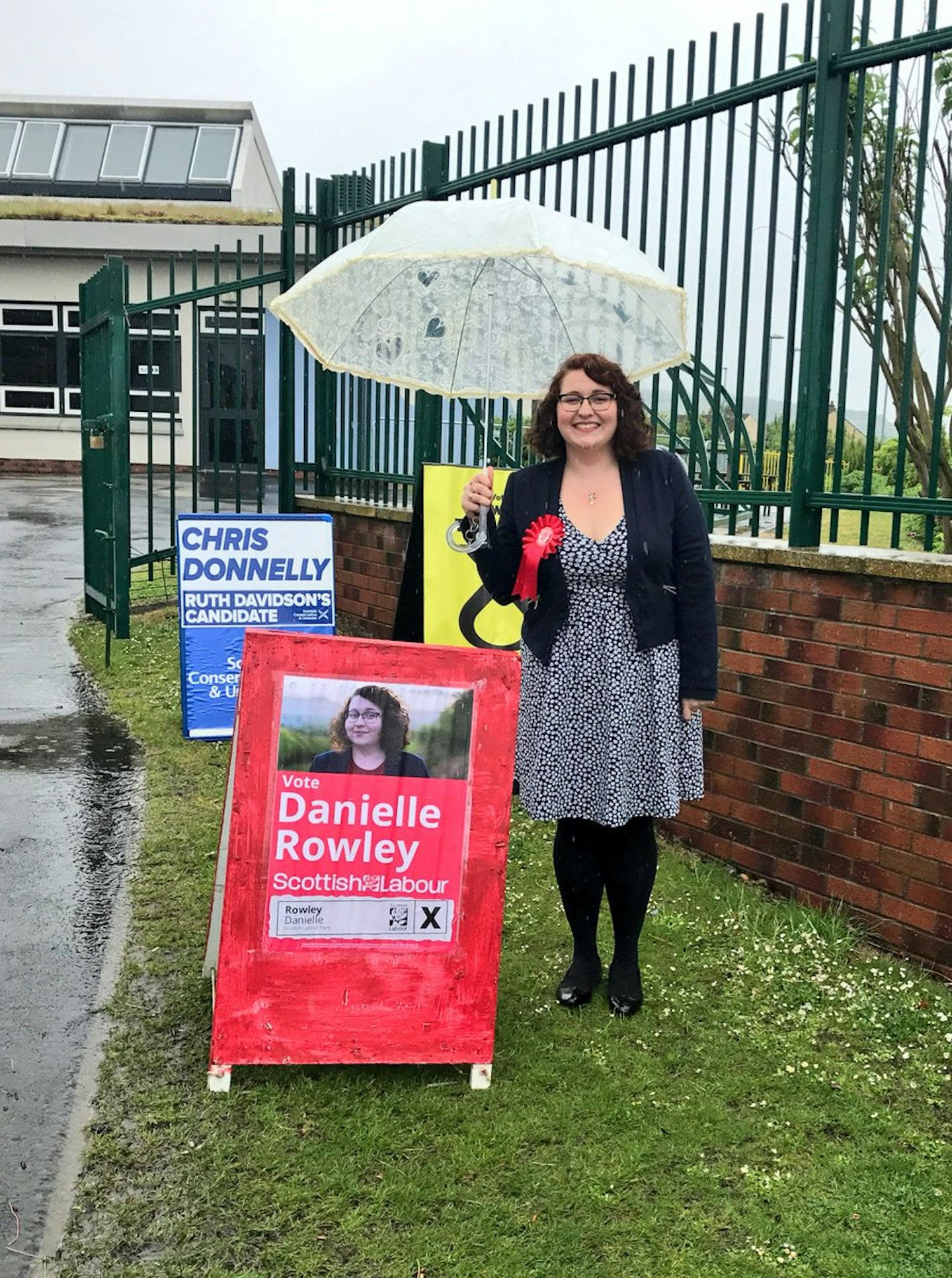 1 of 10
1 of 10Danielle Rowley, 28, Midlothian Scottish Labour MP
Speaking about her groundbreaking announcement, Danielle perfectly highlighted just how ridiculous it is that it's even a taboo to mention your period. She said on Twitter:'A lot of unexpected coverage of me talking about my period - which is great, but also highlights the need to talk about periods more openly.A woman mentioning her period shouldn't be such huge news - let's use this opportunity and work together to get to a place where it's not!'
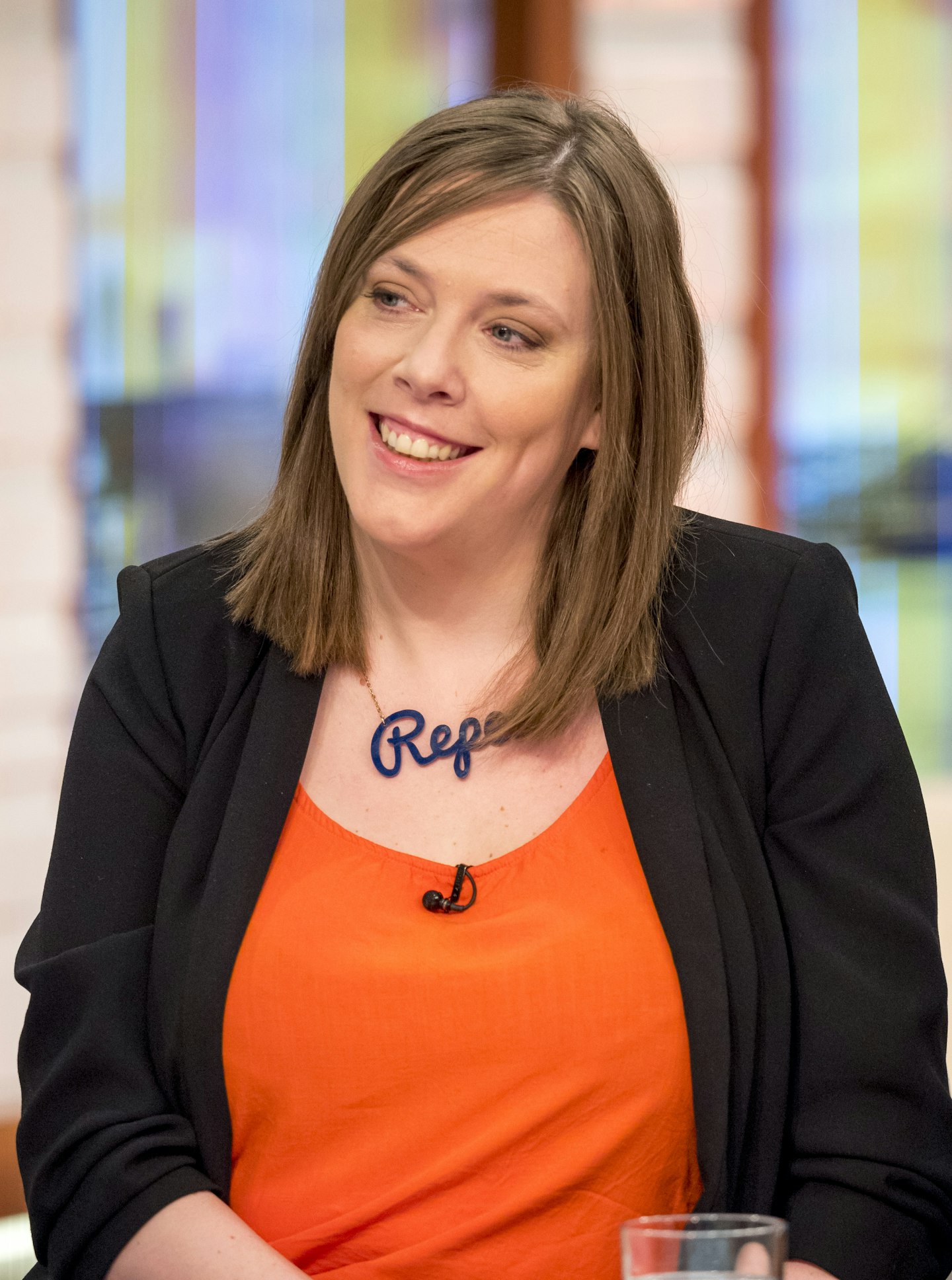 2 of 10
2 of 10Jess Phillips, 36, Birmingham Yardley Labour MP
Jess brought social media trolls to account when she called for those who post abusive messages online to lose their anonymity. The MP told parliament that she once received 600 rape threats in one night and is threatened with violence and aggression every single day online. The online community is so hostile towards women that Amnesty International have led a campaign calling for Twitter to take greater responsibility for preventing online abuse. Jess told the House of Commons that people should have to disclose their real identity to social media platforms, with hope that it would not only deter people from abusing women online but also enable us to hold them to account.
 3 of 10
3 of 10Heidi Allen, 43, South Cambridgeshire Conservative MP
Heidi, alongside Jess Phillips, shared an emotional account of her own abortion with parliament earlier this month. In an attempt to reform Northern Ireland's abortion laws, she told the Cambridge independent that she felt she needed to share her story:'I had intended to say it because I had a feeling nobody else would.'I thought it probably needed saying.'I suppose it is very easy to make issues like that just about procedure and legislation and words and policy but, actually, it is about people's lives.'Jess Phillips too opened up about her own abortion, also sharing harrowing stories from women in Northern Ireland who had terminated pregnancies.
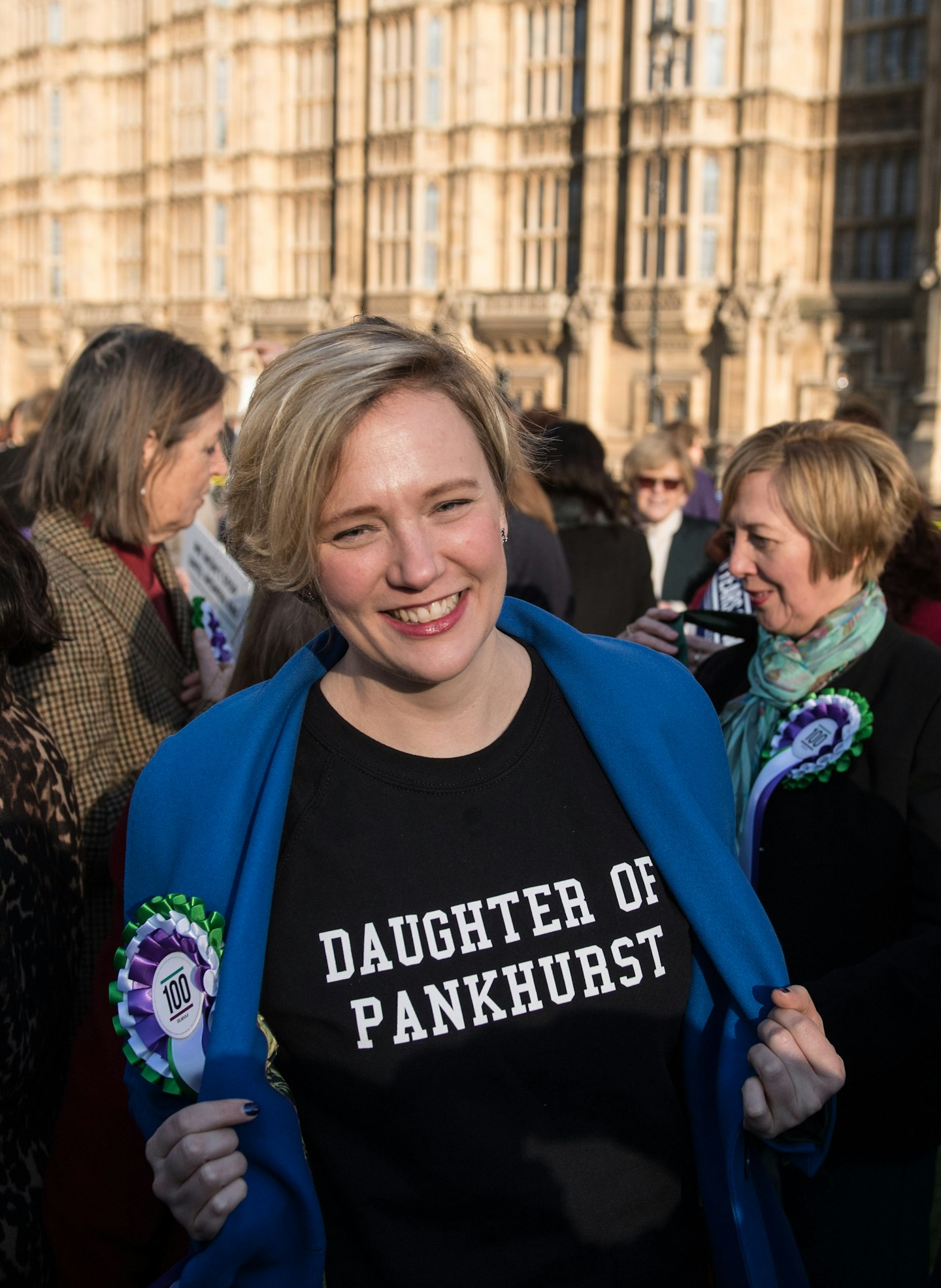 4 of 10
4 of 10Stella Creasy, 41, Walthamstow Labour MP
The original lead of cross-party calls for Northern Ireland's abortion laws to be brought in line with the rest of the UK's, Stella received tons of hate mail over her campaign to protect women's right to choose. It was in her call for debate over abortion that Heidi Allen and Jess Philips were able to talk about their own terminations.
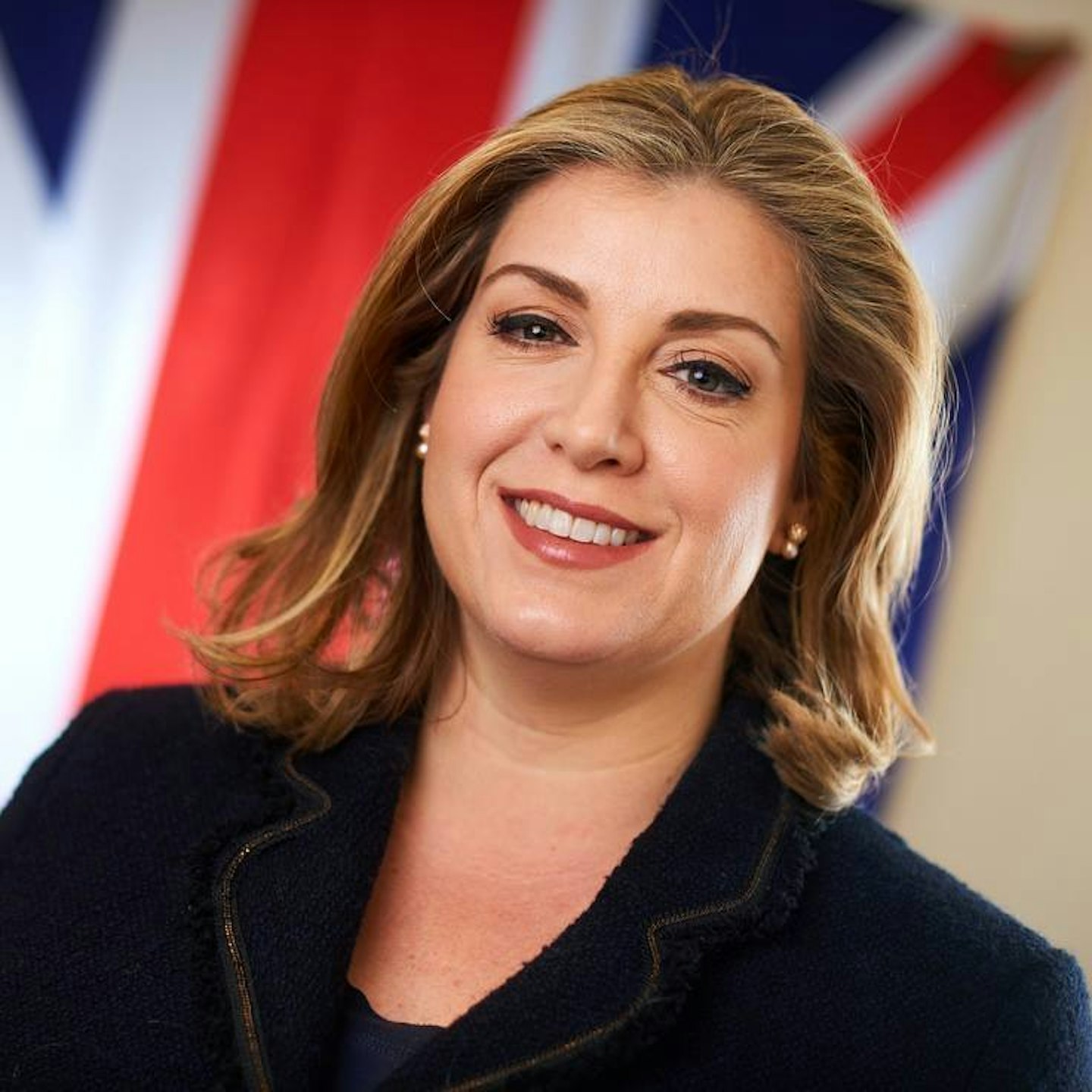 5 of 10
5 of 10Penny Mourdant, 45, Portsmouth North Conservative MP
The Minister for Women and Equalities, Penny Mourdant launched the National Action Plan on Women, Peace and Securitywhich calls for more women to be at the centre of the DFID's peace, security and humanitarian programmes. As secretary of state for international development, she has attempted to reform the aid sector by creating an independent safeguarding unit that prevents exploitation. This comes in the wake of a series of sex scandals against leading charities earlier this year.
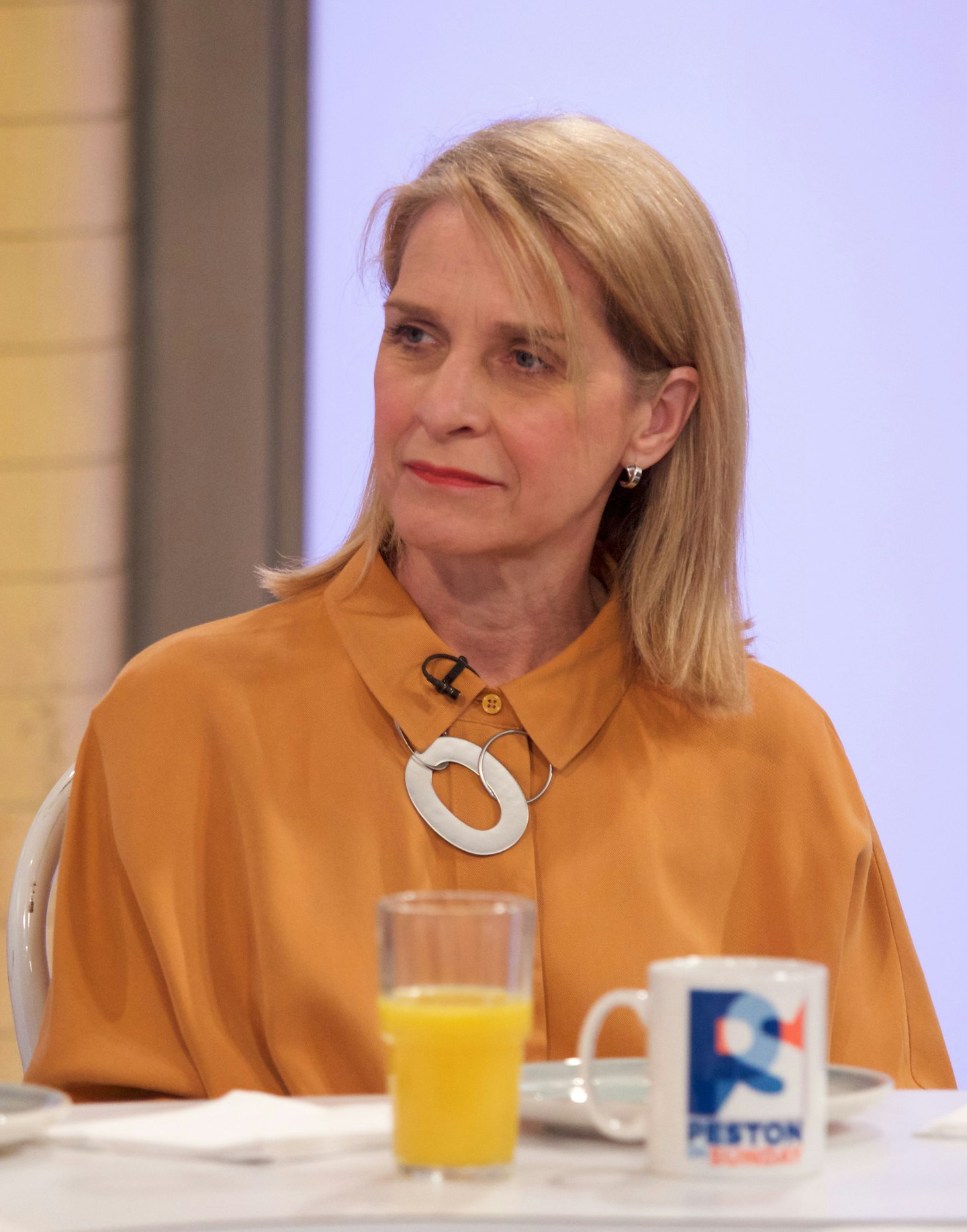 6 of 10
6 of 10Wera Hobhouse, 58, Bath Liberal Democrat MP
Wera Hobhouse brought Gina Martin's upskirting campaign to parliament as a private members bill set to outlaw the vile crime. While the bill was subsequently blocked by two male MPs, a third reading of the bill is set to continue on the 6th of July with Gina stating 'the Government Bill will become law as it'll get through the later stages more quickly and won't be objected to.'
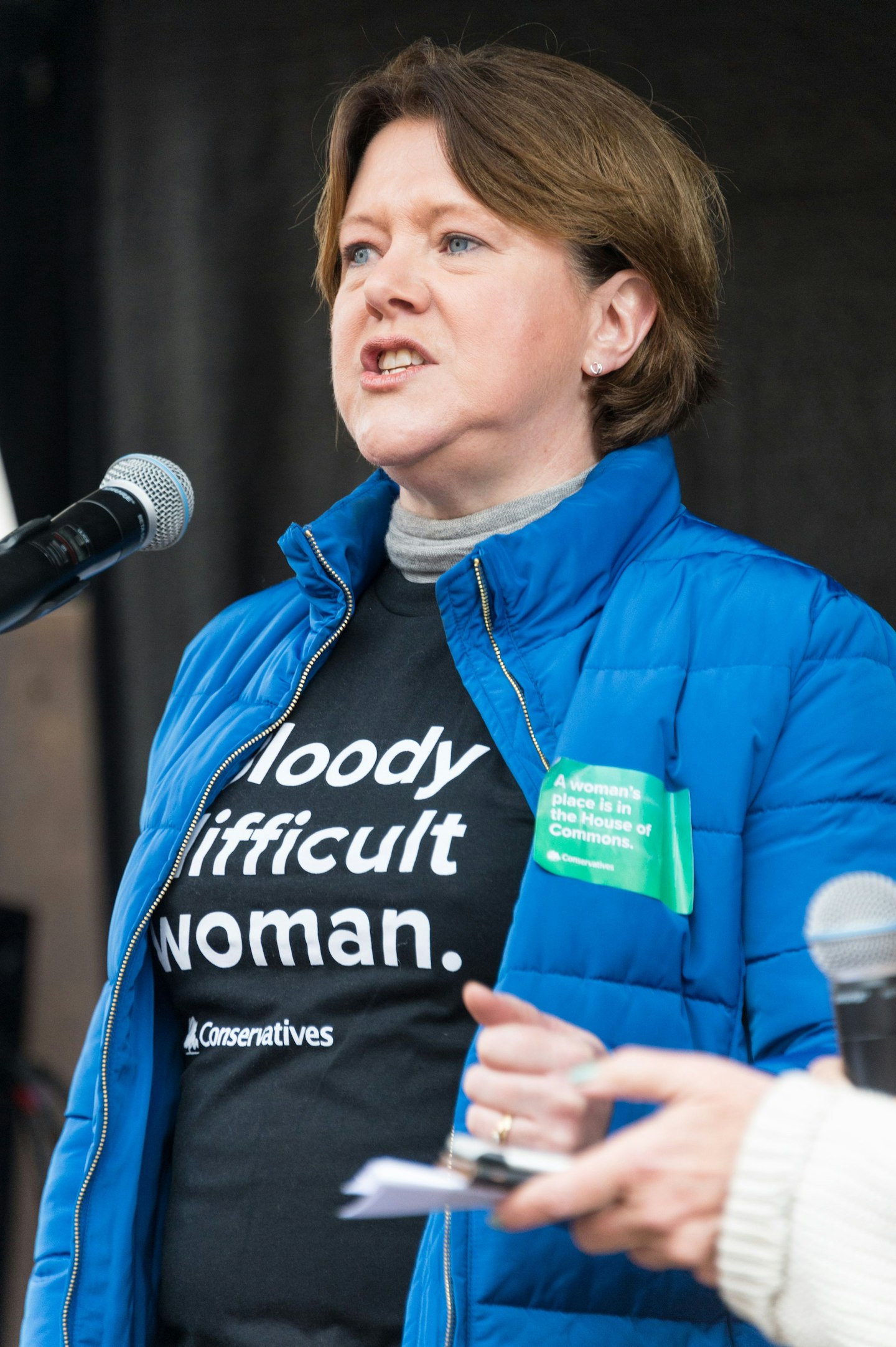 7 of 10
7 of 10Maria Miller, 54, Basingstoke Conservative MP
It was off the back of the upskirting bill that Maria Miller and Jess Phillips have met with Wera Hobhouse in an attempt to include a revenge porn amendment. It would ensure there was a blanket ban on voyeuristic images regardless of the intention in taking it, as the MPs feared people would attempt to bend the wording of the upskirting law to avoid conviction by arguing they took the image with no intention of causing distress. They also wanted to introduce an amendment that would ban false pornographic images, in which faces are photoshopped onto explicit images. However, they were told it was impossible to introduce further amendments. This comes after Love Island stars Zara McDermott and Laura Anderson became victims of revenge porn this week.
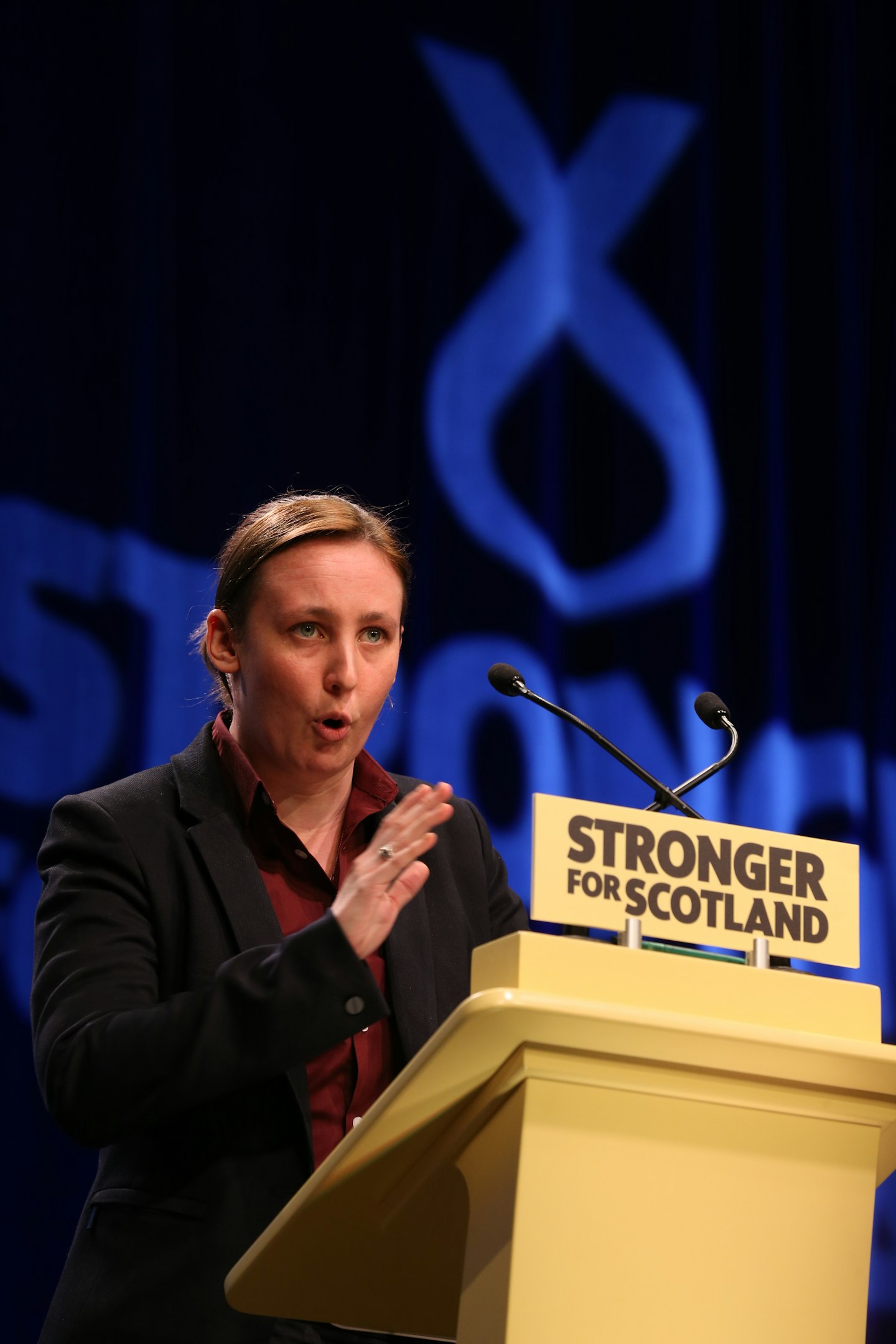 8 of 10
8 of 10Mhairi Black, Paisley and Renfrewshire South SNP MP
As part of the discussion about classing misogyny as a hate crime, Mhairi Black spoke out about the misogynistic and homophobic abuse she receives online every day. She also asked parliament to reflect on their own environment, stating, 'Only a few weeks ago I was physically pressed up against a Member (of Parliament) in the voting lobby who is accused of sexual misconduct because there's so little room.'Acknowledging she has the 'same right and influence as any other elected man', she spoke up for the female staff who aren't in her position.
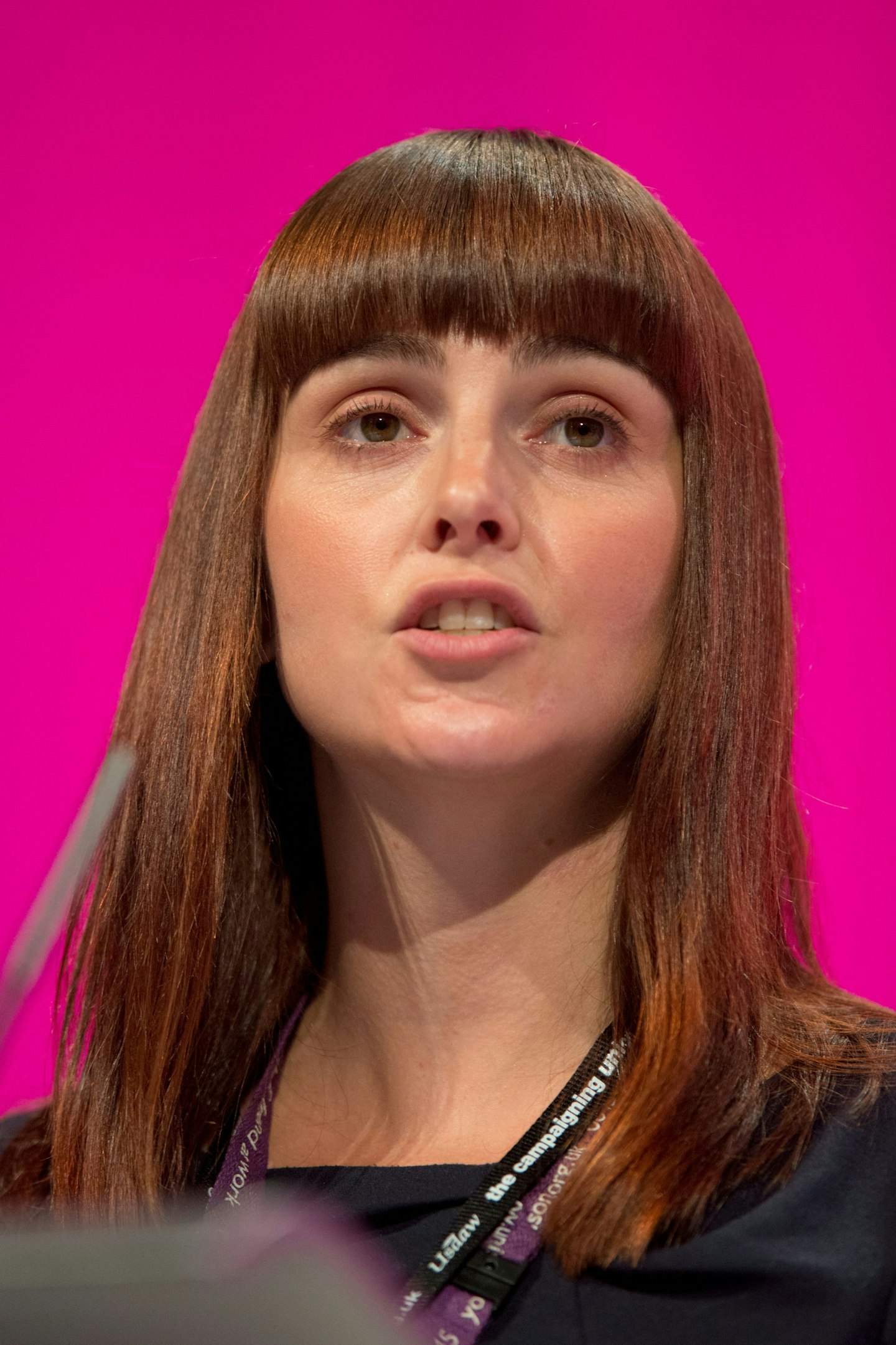 9 of 10
9 of 10Melanie Onn, 39, Great Grimsby Labour MP
Leading the charge to make misogyny a hate crime, Melanie highlighted the 'link between low-level harassment of women and more serious sexual assaults' that was found by Westminster's all-party group on domestic violence. In her constituency, the rate of domestic violence is particularly high. As a result, she has called for a law change to have misogynistic acts such as wolf-whistling, leering and sexual comments in public to be made a criminal offence.
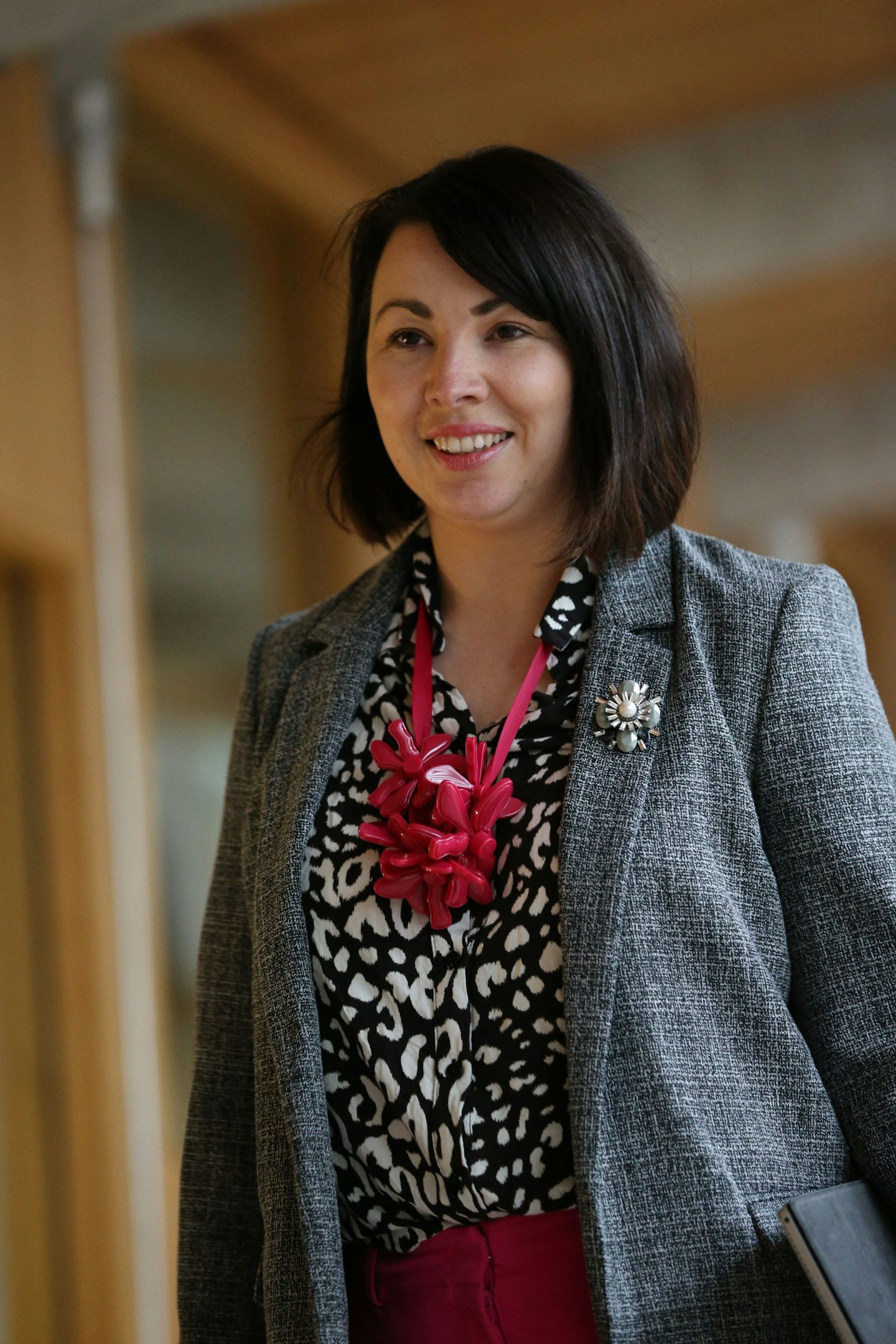 10 of 10
10 of 10Monica Lennon, 37, Central Scotland Scottish Labour MSP
Monica introduced a Member's Bill into Scottish parliament that would see the creation of free universal access to sanitary products. Proposing also that schools, colleges and universities provide free sanitary products in their toilets, she led the campaign that stands to end period poverty in Scotland.
